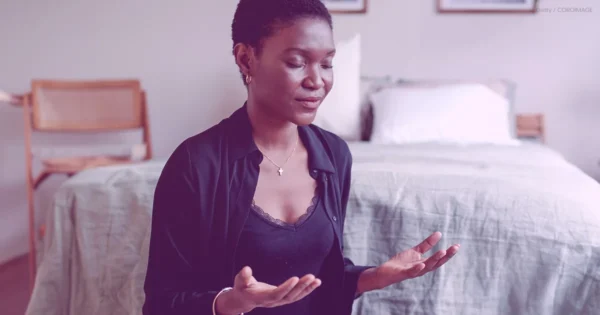
Wedding Etiquette from Around the World

Every country celebrates the commitment of two people to love and cherish one another in a lifelong relationship, but how they choose to tie the knot differs greatly around the globe. We’re about to explore some of the most fascinating variations of worldwide wedding etiquette, so you know what’s expected of you should you get invited to a wedding in a distant land.
Borneo
Borneo is Indonesia’s largest island, home to the Tidong tribe and their peculiarly challenging wedding tradition; a bathroom ban lasting 3 whole days. If you find yourself attending a Tidong wedding, don’t be surprised when the ceremony finishes and the bride and groom get locked in a room for 72 hours, not even being allowed out to go to the toilet or bath.
This is done for the sake of strengthening the couple’s relationship and is believed to bring about good luck for the rest of their marriage. To assist in what must surely be a great act of newlywed willpower their families give them a minimal amount of food and water and watch over the couple to ensure they don’t break the rules.
Celtic
The Celtic people partook in a Pagan ceremony known as “handfasting,” where the couple agreed to commit to marriage for a year and a day, a tradition that’s still carried on now. This allows couples to test out what it’s like to live in holy matrimony, like a trial period.
At the end of the year and day, if the couple are still happy together, they can renew their vows, and if not, they’re free to go their separate ways. It’s important to know that handfasting is an officially recognised way of tying the knot, so you should take a handfasting ceremony as seriously as you would any other kind of wedding.
The ceremony itself involves the newlywed’s hands being tied together with cord, representing the union of two becoming one. Some variations of handfasting involve the couple jumping over a broomstick to seal the deal, and if you’re in attendance with a partner, you’ll likely be invited to jump over the broomstick too.
China
The Yugur people of Northwest China hold marathon weddings that will test your endurance; they last for two days. If that seems excessive, then consider that newlyweds from rich Yugur families have ceremonies lasting days longer! The first day takes place in the bride’s family home and the second day in the groom’s.
One of the Yugur’s most unique wedding traditions is where the groom shoots his new wife with a bow and arrow (don’t worry, they’re not real arrows), representing their commitment to each other, and saving Cupid a job. ¬Gives a whole new meaning to the expression, “Love hurts.”
Jamaica
Traditional weddings in Jamaica were a community affair, with the entire village that the couple came from all helping to prepare the ceremony. Contemporary Jamaican couples are more likely to hire a wedding planner, but people from their villages still get involved.
Cakes played a fundamental role in Jamaican weddings, being baked in great quantities and then silently carried to the wedding venue in “cake parades” by other married women dressed in white. In a twist of the usual tradition, the cakes were veiled so the bride couldn’t see them before the marriage (which would have been bad luck!)
While these traditions aren’t really followed anymore as the influence of English and American weddings has changed how Jamaicans get married, cakes still feature prominently in their weddings. If you’re fortunate enough to get invited to one, expect large quantities of delicious food, alcohol, and lots of dancing until the early hours of the morning.
Mauritius
While brides around the world worry about their figures, making sure they can fit into their wedding dresses, in Mauritius, the bigger the bride, the better. You should encourage the Mauritian Mrs. to put on weight in the time leading up to the ceremony, because marrying a larger woman is considered to be indicative of prosperity and luck for newlyweds.
South Korea
Just so you know, before getting married, grooms in South Korea could be subject to a number of strange foot-based rituals that you’re likely to witness. In some instances, the groom’s friends will hit his feet with fish, and in others they will tie his legs together and hit his feet with a rod.
While you might feel the instinct to help him, the fish ritual is actually intended to bestow the groom with vitality, while the rod beating is intended to test his strength and courage, so it’s best if you just let them get on with it. His new in-laws are probably thinking, “This is nothing compared to what we’ve got planned!”
Venezuela
Venezuelan newlyweds go into stealth mode after getting married; disappearing to an unknown location after the ceremony is thought to bring good luck for the couple, (so long as they’re not discovered by their friends and family.) Much like whoever catches the bouquet thrown by the bride, if you’re the first person to realise the happy couple have disappeared then good luck will be bestowed upon you.
Get Married However You Like…
As we’ve discovered, there’s no right or wrong way to get married. If you’re planning to get married, you’ll of course need to fill in all the fine details, like arranging the venue, flowers and personalised wedding invitations. Then you need to find the perfect wedding style for your tastes, and fortunately there’s a huge variety of global wedding traditions you can draw inspiration from. Choosing the right style of wedding will ensure that your big day means the world to you.




















































